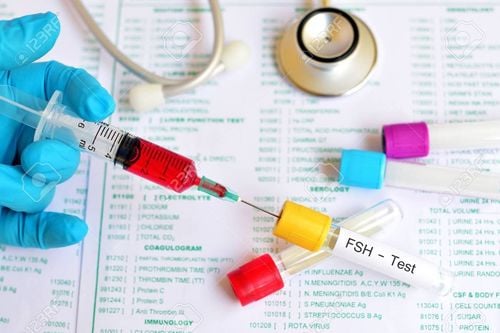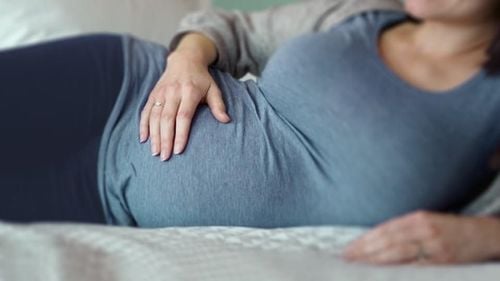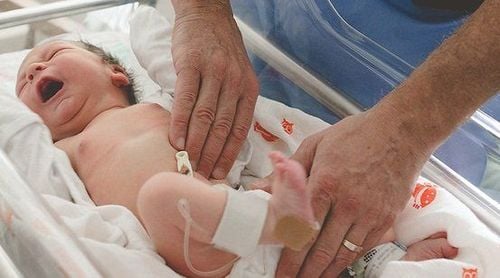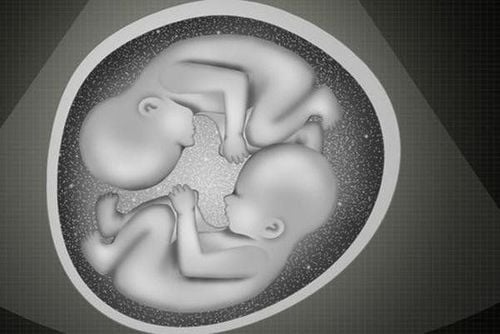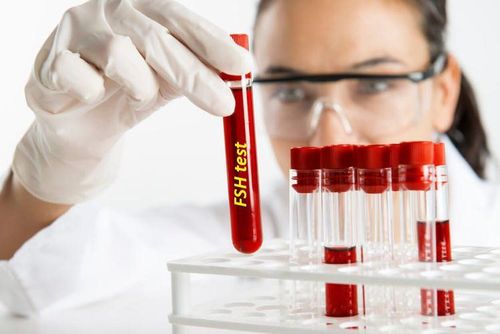This is an automatically translated article.
The article is professionally consulted by Specialist Doctor Department of Obstetrics and Gynecology - Vinmec Hai Phong International General Hospital.
Many people think that the age of 30 is the best time to be a mother, because at this time the job, income, and relationships have become stable. But in fact, being a mother at different ages will have different advantages and disadvantages.
1. The advantage of being pregnancy at 30
Having your first child after the age of 30 is an amazing experience. The mother at this time is still full of energy and vitality to be able to take good care of her child. Although each individual is different, in general, at the age of 30, women have more life experiences, are more mature, and know more about themselves than they did at the age of 20.
Besides, at the age of 30, not only women but also their husbands are more ready to be fathers than 20 years old. The couple has passed a certain time, have understood each other better, hence the common work. Building a home as well as deciding to become a parent will be more serious and mature.
In many respects, the financial pressures and financial management skills at the age of 30 are much different than at the age of 20. The career has gradually stabilized, the woman's income has improved, there have been certain accumulations, as well as the ability to manage finances better than in her 20s.
For reasons Above, pregnancy and motherhood at the age of 30 will be easier and less stressful than when a woman is in her 20s.
2. Restrictions during pregnancy at 30
Besides the advantages, being pregnant at the age of 30 also has many points to think about. The first is the possibility of pregnancy at 30. Over time, the older a woman's gestational age, the less likely she is to become pregnant, and there is a marked difference between women who have just turned 30 and those who are closer to 40.
In the early 30s, the chance of getting pregnant declines only slightly compared to the late 20s, and the chances of miscarriage or having a baby with genetic disorders (such as Down syndrome) also increase only so much light.
When a woman reaches the age of 35, everything changes very quickly. The chances of getting pregnant are markedly reduced, and the risk of miscarriage, premature birth, genetic disorders and birth defects increases more rapidly. Therefore, the age of 35 is a milestone that a woman should pay attention to. If a woman intends to become pregnant in the second half of her 30s, a woman should undergo prenatal screening (such as acellular DNA testing, amniocentesis, chorionic villus sampling, etc., and other screenings). ).
The rate of miscarriage, pregnancy complications as well as the risk of ectopic pregnancy all increase after the age of 30, especially after the age of 35.
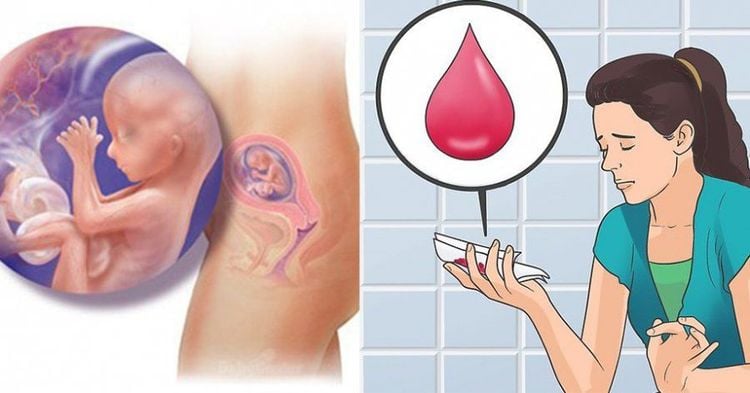
At the age of 20, the rate of having a cesarean section is about 30%, but increases to 43% by the age of 35. The reason, pointed out by experts, is that as age increases, the risk of pregnancy problems also increases. increase (pregnancy failure, prolonged labor,...).
Everyone's ability to get pregnant is different, but in general, 35 years old is a milestone to keep in mind, especially for women who want to get pregnant more than once. The advice given is that if you want to get pregnant in your 30s, a woman should think and decide early, don't wait too long.
Trắc nghiệm: Bạn có hiểu đúng về dấu hiệu mang thai sớm?
Các dấu hiệu mang thai sớm không phải chỉ mỗi trễ kinh mà còn có rất nhiều dấu hiệu khác như xuất huyết âm đạo, ngực căng tức,… Điểm xem bạn biết được bao nhiêu dấu hiệu mang thai sớm thông qua bài trắc nghiệm này nhé!
3. The possibility of a successful pregnancy at 30
Although after the age of 29 to 35 there is a marked decline in the ability to get pregnant, most women by the age of 35 have no problems. However, if you wait until the age of 38 or 39, the story will become much more serious.
In general, with each ovulatory cycle in the 30s a woman has a pregnancy rate of 15%, and in a year the pregnancy rate will be around 75%. Note that later in life, the chance of getting pregnant decreases, and will only be around 65% by the time a woman is in her final 30s.
Miscarriage rates increase slowly in the early 30s, after That increases rapidly in the mid and late 30s (18% at age 35 and increases to 34% in the early 40s).
Between the ages of 35 and 39 there is a special feature, that is, a woman is more likely to have a natural multiple pregnancy at 30 (usually twins). In each ovulatory cycle, usually only one egg matures. But as we age, follicle stimulating hormone (FSH) levels increase, leading to the likelihood that more than one egg will mature and release (usually two). Therefore, although older women have a harder time getting pregnant than younger women, they have a higher chance of having multiples.
4. What to do if you want to get pregnant?

To best prepare for a safe pregnancy at 30 and healthy baby, keep the following in mind:
If you're under the age of 35, have sex often (about 2-3 times a week), don't If you use any form of birth control for a year and still do not get pregnant, see a specialist to find out the cause and have an intervention method. If you are 35 years of age or older, have regular sex, have not used any birth control for six months without becoming pregnant, or have a history of any problems that have made it difficult to get pregnant (amenorrhea). , irregular periods, sexually transmitted diseases, pelvic pain,...) see a specialist as soon as possible.
5. What should I do if I want to delay pregnancy at 30?
If a woman is not really ready, wants to delay having a baby, she can refer to the egg freezing method. Although the chances of getting pregnant decline with age, with the help of modern fertility treatments, a "younger" egg has a higher success rate. Some women freeze their own eggs to prevent pregnancy at 30 problems later on.

For all information about maternity and childbirth services at Vinmec Hospital, please contact the hospitals and clinics of Vinmec Health system nationwide
Please dial HOTLINE for more information or register for an appointment HERE. Download MyVinmec app to make appointments faster and to manage your bookings easily.





